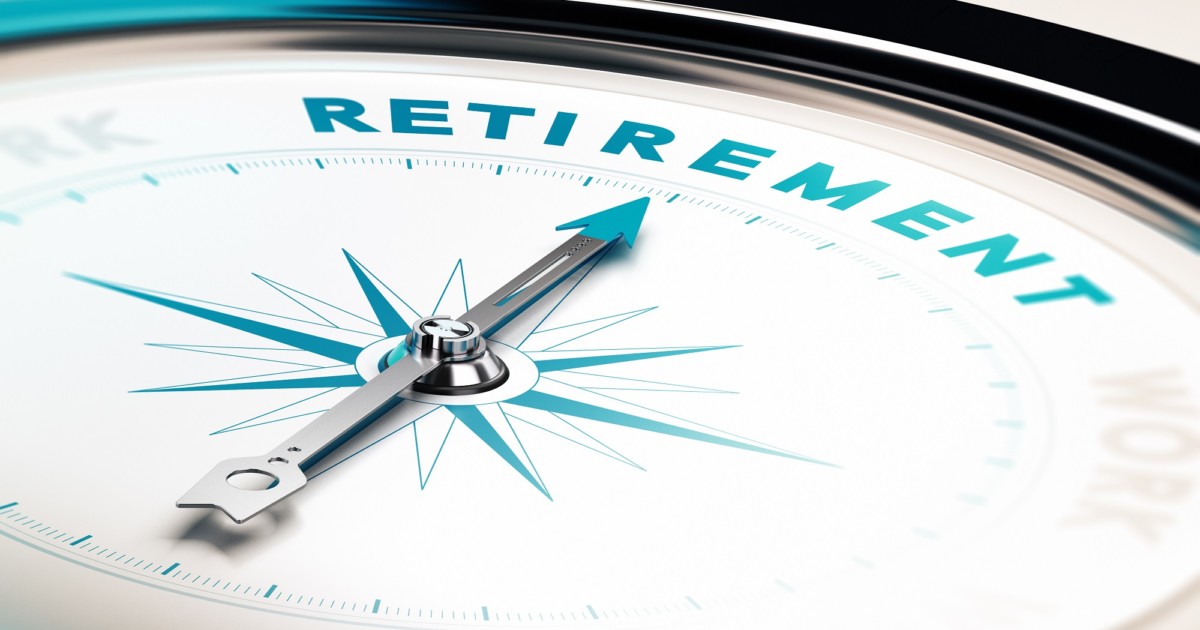This is the decade when retirement gets redefined. The era of trading a long career for a pension, a gold watch, and afternoons on the golf course ended long ago. In its place, today’s retirees face growing financial pressure from multiple directions, including the local fiscal crises for Social Security and Medicare.
These financial pressures can often exacerbate economic divisions. Retirement for the middle or working class is changing more than retirement for the wealthy.
The imbalance starts with retirement savings. Although a robust stock market has helped turn a record 334,000 people into 401(k) millionaires by the end of 2020, one in three Americans also report that the pandemic set their savings back a few years according to a Fidelity Investments survey. The survey found Americans in their 50s had, on average, $203,600 saved in their 401(k)s as of late 2020, with people in their 60s reporting savings of only $25,500 more.1 Not a small amount, but it’s hardly enough to retire on.
Although most Americans will need to work longer, older employees have a chance at striking a better work-life balance, allowing them more time for other pursuits. Below are four forces shaping retirement in the 2020s – all with a common need for a bigger nest egg.
- Technology Improving Care for Seniors. Adding to Medicare’s burden is the looming shortage of medical professionals. The Association of American Medical Colleges projects a shortfall of up to 139,000 doctors in the U.S. by 2033.2 The healthcare industry hopes technology can help fill the void. Artificial intelligence has even greater potential to streamline and improve healthcare. With AI’s data analysis, doctors and hospitals can detect and diagnose illnesses more accurately, customize treatments, and track patient outcomes closely.
- Looming Changes to Entitlement Programs. Americans are working longer in part because Social Security benefits are not meeting their retirement income needs. Meanwhile, Medicare is becoming more privatized. Both programs face fiscal challenges.
- Finding Flexible Work in Retirement. In the 2020s, retirement will be less of a binary state. People will find small ways to work and phase out of the labor force. The pandemic set up less traditional and more remote and contract work, and that’s good for seniors.
- Effects of Climate Change. Wildfires, droughts, hurricanes, and floods are constantly in the news. However, many older Americans contemplating where to retire don’t take it into account. Advisors are now factoring in climate risk with retirement planning by budgeting more for taxes, insurance, housing, electricity, water, and food.
Need help navigating your retirement? Click here to learn more about our network of advisors.

